The Saints were one of the eight foundation teams to join the breakaway competition – alongside Collingwood, Essendon, Fitzroy, Geelong, Melbourne, South Melbourne and Carlton – to build the bedrock for today’s football.
St Kilda’s home ground of Junction Oval was a contributing factor in their invitation; the ground’s central location and size was guaranteed to draw large crowds for the fledgling league.
But success proved to be elusive early on. St Kilda received six consecutive wooden spoons from 1897-1902, winning just 20 out of 168 games in the first decade of the century.
The Saints didn’t record their first win until 1900, breaking their 48-game losing streak under extraordinary circumstances. The Round 1 match against the eventual premiers, Melbourne, originally ended in a draw, before St Kilda protested the result due to a scoring error.
The appeal was successful and the result overturned, with the League’s subsequent investigation finding scoreboard operators had neglected the crucial point which broke the Saints’ three-year winning drought.
St Kilda climbed their way off the bottom of the ladder by 1903, but victories were sandwiched in-between hefty defeats.
The recruitment of Tasmanian duo Vic Cumberland and Vic Barwick gave the Saints upside, and with the addition of talented forward Dave McNamara, the success-starved side began their painstaking crawl up the ladder. It wasn’t until 1907 where St Kilda made its maiden finals berth, winning the first six games of the season before being eliminated by Carlton.
St Kilda qualified for the finals the following year after finishing third, but the club found itself with another wooden spoon by 1909. Despite their dwindling successes, the red, white and black faithful found reason to cheer.
Charlie Baker managed to take out the Leading Goalkicker Medal – the precursor to the Coleman – in 1902, booting 30 of St Kilda’s 64 goals for the season. William Shaw was appointed the first captain of the club and led strongly in his 29-game career, joining the likes of McNamara, Cumberland, Barwick, Gordon Dangerfield, Jimmy Smith and Ted Hall in becoming some of the first great Saints in the club’s proud history.

